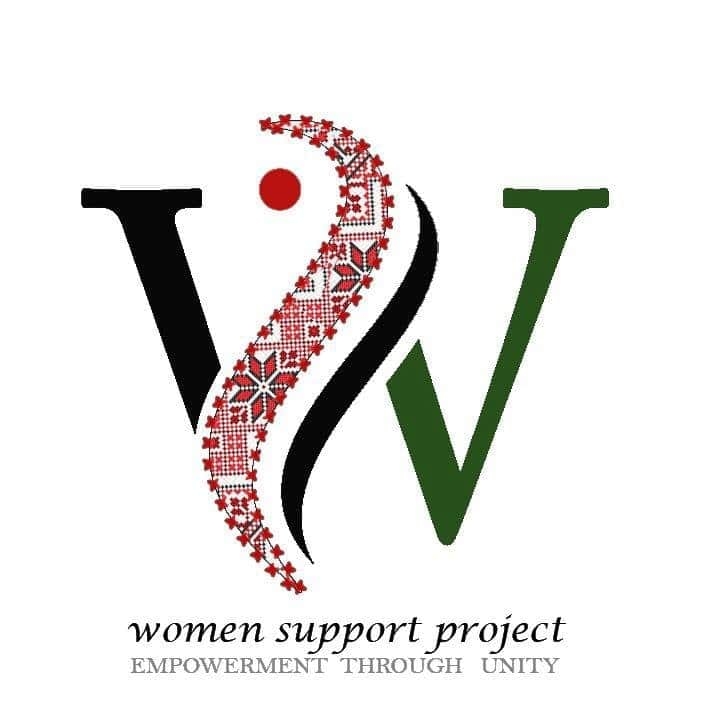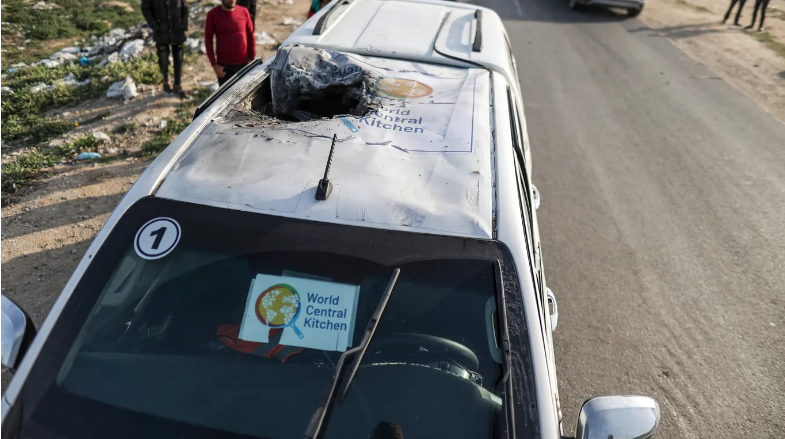Category: Reports
-
Women Support Center in Nablus empowers women and girls, resists gendered violence and the Occupation
The Women Support Center is a project of the Tanweer Cultural Center and has been active in Nablus and surrounding communities of the Northern West Bank for four years now. It serves women and children with legal, mental health, economic, educational, and recreational initiatives. Designed to encourage independence, safety, wellness, and solidarity among women, they…
-
Palestinian Family at Um Darit Harassed and Isolated
Acts of harassment and terror are a daily fact of life for residents of Masafer Yatta, a collection of rural hamlets at the southern end of the West Bank. One example is Mohammed Abed’s family in Um Darit, where they are surrounded by a rapidly expanding network of illegal settlements. After the Israeli escalation in…
-
Occupation Forces Targeted Series of Strikes Kills 7 Aid Workers in Gaza
02 April 2024 | International Solidarity Movement | Deir al Balah, Gaza Following the offloading of a desperately needed 100+ tons of humanitarian aid into a Deir al Balah aid storage warehouse, a seven-person, three-vehicle World Central Kitchen convoy was traveling a deconflicted coastal road when the first Israeli army targeted strike…



